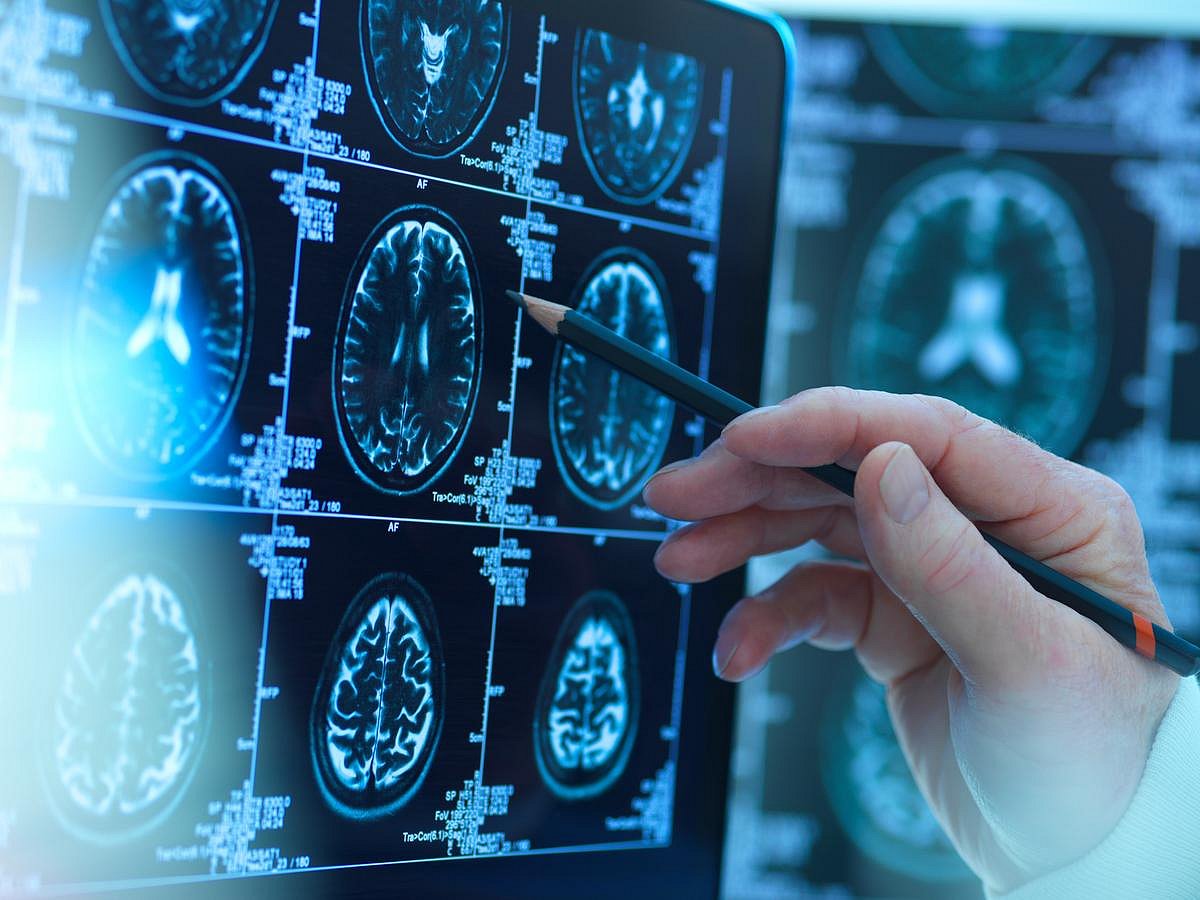Manténgase sano!

- Posted August 8, 2025
Tiny Traces of Lithium May Help Protect the Brain From Alzheimer’s
Tiny amounts of lithium — a natural metal — may help protect the brain from Alzheimer’s and signs of aging, new research shows.
Scientists at Harvard Medical School and Rush University found that when mice were fed a low-lithium diet, their brains developed more inflammation and signs of aging accelerated.
The findings were published Wednesday in the journal Nature.
Turns out, lithium may play a critical role in how the brain stays healthy, the researchers found.
In the study, they compared normal mice to mice bred to develop brain changes linked to Alzheimer’s, including a build-up of sticky proteins.
Mice on low-lithium diets developed problems more quickly, while those given a specific lithium compound called lithium orotate saw signs of brain improvement.
When given lithium orotate, mice had fewer memory problems and fewer of the sticky clumps known as beta amyloid plaques. In people, those plaques are hallmarks of Alzheimer’s.
Many people know lithium as a drug used to treat bipolar disorder and depression. It’s been used for decades.
But this study suggests that very small amounts of lithium are naturally present in the body, and it may be essential for brain health.
Researchers suspect that beta amyloid binds to lithium and prevents it from reaching brain cells that need it.
Without enough lithium, cells called microglia, which help clean up waste in the brain, stop working properly.
This creates a sort of cycle: As beta amyloid builds up, even less lithium is available and the brain has a harder time clearing the damaging proteins.
In the first stage of the study, scientists tested brain tissue and blood samples from people with and without Alzheimer’s.
They looked at 27 metals and found a key difference: Lithium levels were much lower in the brains of people with memory problems.
They repeated this test using brain samples from multiple hospitals and universities and found the same results.
“At first, frankly, we were skeptical of the result because it wasn’t expected,” Dr. Bruce Yankner, a professor of genetics at Harvard, told CNN.
Experts warn that people should not take lithium supplements without medical advice. The doses used in this study were about 1,000 times lower than the doses used to treat mental illnesses such as bipolar disorder.
“A mouse is not a human. Nobody should take anything based just on mouse studies,” Yankner said.
“The lithium treatment data we have is in mice, and it needs to be replicated in humans. We need to find the right dose in humans,” he added.
Still, the findings are promising. Mice who received low doses of lithium orotate did not show any signs of toxicity or organ damage. Yankner hopes human trials will start soon.
Many healthy foods contain small amounts of lithium. These include:
Leafy green vegetables
Nuts and legumes
Certain spices like turmeric and cumin
Some mineral waters
Previous studies have hinted at lithium’s benefits. One large Danish study found people with higher lithium levels in their tap water were less likely to be diagnosed with dementia.
Another study in the U.K. found people prescribed lithium were about half as likely to get Alzheimer’s as those who were not.
Ashley Bush, a neuroscientist in Australia, wrote an editorial that accompanied the new research.
He said it presents "compelling evidence that lithium does in fact have a physiological role and that normal aging might impair the regulation of lithium levels in the brain.”
Yankner pointed to the possible benefit.
“It is a potential candidate for a common mechanism leading to the multisystem degeneration of the brain that precedes dementia,” he told CNN.
“It will take a lot more science to determine whether this is a common pathway… or one of several pathways,” to Alzheimer’s, he added. “The data are very intriguing.”
More information
The Mayo Clinic has more on lithium.
SOURCE: CNN, Aug. 7, 2025





